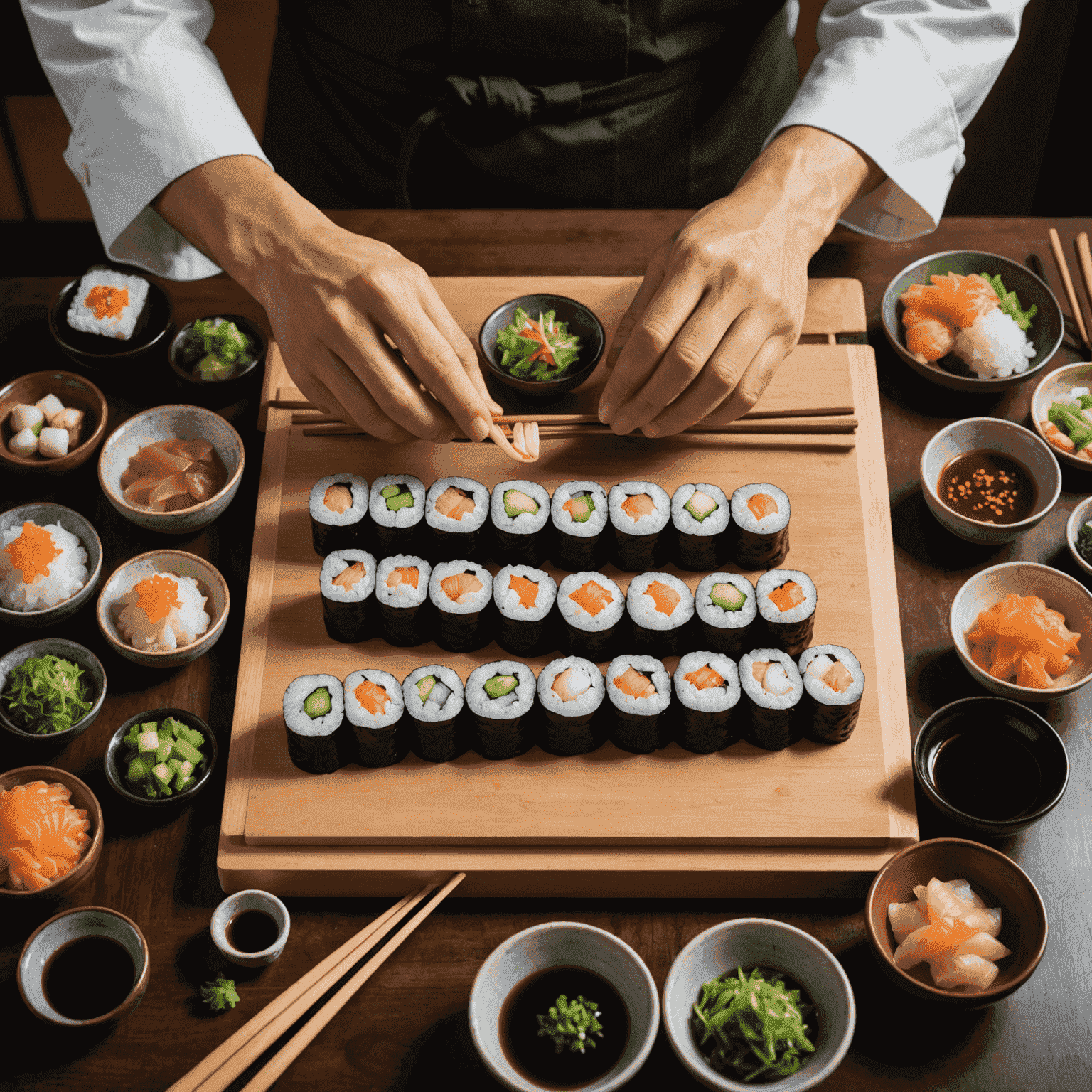Local Cuisine and Sustainable Eating in Japan

Japan's culinary world is a perfect blend of tradition and innovation, where ancient practices seamlessly align with modern sustainability efforts. As ecotourism gains momentum, exploring the connection between local cuisine and responsible eating becomes an essential part of the travel experience.
The Essence of Japanese Cuisine
Japanese cuisine, known as "washoku," is deeply rooted in the principle of respecting nature and utilizing seasonal, local ingredients. This philosophy aligns perfectly with the concepts of ecotourism and responsible travel. The traditional Japanese meal structure, which includes small portions of various dishes, not only provides a balanced diet but also minimizes food waste.
Sustainable Practices in Japanese Cooking
- Seasonal ingredients: Japanese chefs prioritize using ingredients at their peak freshness, reducing the need for long-distance transportation and preservatives.
- Local sourcing: Many restaurants in Japan have direct relationships with local farmers and fishermen, supporting the local economy and reducing carbon footprint.
- Nose-to-tail and root-to-leaf cooking: Traditional Japanese cuisine utilizes every part of an ingredient, minimizing waste.
- Fermentation: Age-old fermentation techniques not only create unique flavors but also help preserve food without artificial additives.

Eco-friendly Dining Experiences
As an ecotourist in Japan, you can actively participate in sustainable eating practices:
- Visit local markets: Explore vibrant farmers' markets to taste and purchase seasonal produce directly from growers.
- Choose sustainable seafood: Look for restaurants that serve MSC (Marine Stewardship Council) certified seafood.
- Try plant-based options: Experience traditional Buddhist vegetarian cuisine, known as "shojin ryori," which is both delicious and environmentally friendly.
- Participate in farm-to-table experiences: Many rural areas offer tours and meals where you can harvest ingredients and learn to cook traditional dishes.
The Future of Sustainable Eating in Japan
Japan is continuously innovating in the realm of sustainable food practices. From high-tech vertical farming in urban areas to the revival of ancient preservation techniques, the country is finding ways to merge tradition with modern sustainability needs. As an ecotourist, exploring these initiatives can provide valuable insights into responsible travel and global food sustainability.

By embracing local cuisine and sustainable eating practices during your visit to Japan, you're not just treating your taste buds – you're actively participating in responsible travel. This approach allows you to deeply connect with the local culture while minimizing your environmental impact, embodying the true spirit of ecotourism.